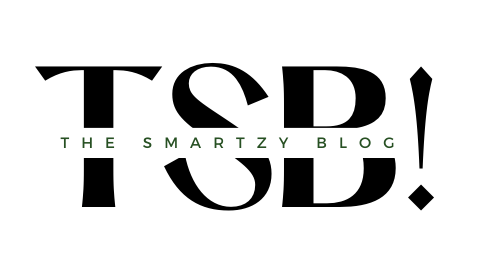Nigeria’s 2023 Election Fallout: Economic Crisis

Nigeria is currently facing significant challenges as the aftermath of the 2023 election has left the country divided and grappling with economic uncertainties. The declaration of Bola Ahmed Tinunbu as the winner has sparked controversy and raised concerns about his capability to lead due to his age. Moreover, the abrupt removal of fuel subsidies and the subsequent surge in petrol prices have plunged the nation into an inflationary spiral, affecting every facet of society. In this blog post, let’s look at the complex issues at play, shedding light on what subsidy entails, the impact of inflation on the economy, and the reasons behind the exorbitant petrol prices.
The Subsidy Crisis:
A subsidy, in the context of Nigeria’s petroleum industry, refers to the government’s financial support to maintain affordable fuel prices for its citizens. Historically, the government has been subsidizing the cost of petrol to keep it artificially low, ensuring it remains affordable to the general population. However, in a bid to curb mounting economic pressures, the new administration announced the removal of fuel subsidies. This decision resulted in an immediate surge in petrol prices, leaving millions of Nigerians grappling with the repercussions of the sudden price hike.
Understanding Inflation:
Inflation is a sustained increase in the general price level of goods and services in an economy over a period of time. The removal of fuel subsidies can lead to an increase in the price of goods and services as transportation costs rise, affecting the overall cost of living. The Nigerian economy is experiencing an inflationary surge, causing significant hardships for ordinary citizens as the prices of basic commodities soar.
Soaring Petrol Prices:
With the removal of fuel subsidies, the burden of higher fuel prices fell on the shoulders of the consumers. The Nigeria National Petroleum Corporation (NNPC) officially increased the price of petrol from 500 to 570 Naira, but market forces and limited local refining capacity led to further price hikes, with petrol now being sold for 680 to 700 Naira per liter. The situation has severely impacted businesses, transportation, and the livelihoods of ordinary citizens, leading to widespread discontent and protests across the country.
Presidential Election Petition Tribunal:
The political landscape remains tense as the 2023 election results face challenges in the Presidential Election Petition Tribunal (PEPT). Various candidates, including Peter Obi of the Labour Party and Atiku Abubakar of the People’s Democratic Party (PDP), have contested the election results, claiming they were the rightful winners. Accusations of forgery and financial improprieties have further added to the complexity of the situation.
What is today’s exchange rate? Click here to see
Nigeria has found itself at a crossroads, grappling with political uncertainties and economic challenges. The removal of fuel subsidies, soaring petrol prices, and inflation have brought immense hardships to ordinary citizens, leading to protests and widespread discontent. As the nation awaits the outcome of the Presidential Election Petition Tribunal, it is essential for all stakeholders to engage in dialogue and work towards finding solutions that prioritize the welfare of the Nigerian people. The road ahead is uncertain, but unity and a commitment to the well-being of the nation can help steer Nigeria toward a brighter and more stable future.









